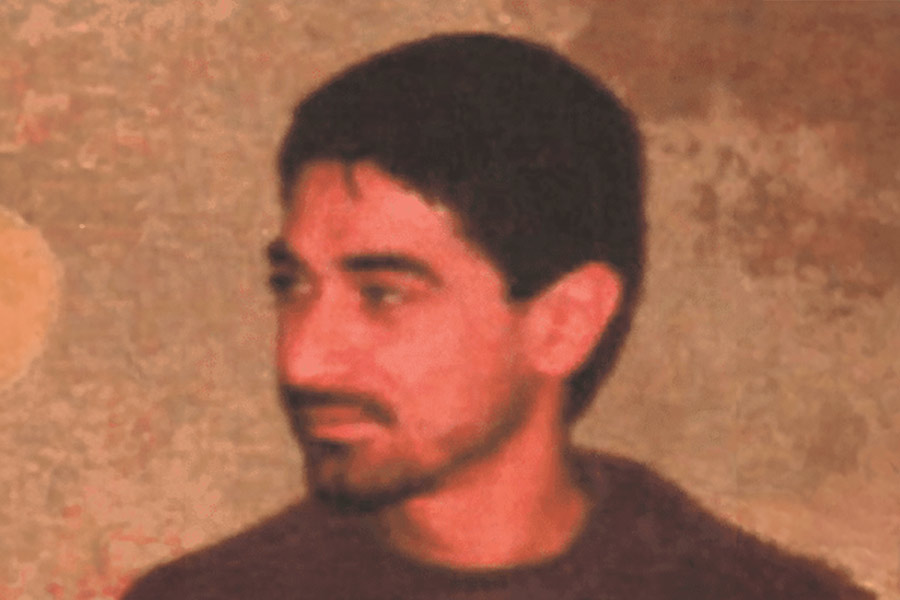Ibrahim Aqeel, the Hezbollah commander killed by Israel on Friday in Beirut, was one of the Iran-backed Lebanese armed group’s most senior leaders.
Aqeel, 61, had already survived multiple assassination attempts, and the US had offered a multimillion-dollar bounty for his capture. In a statement, Hezbollah mourned his death, saying he had lived a life “full of struggle, action, wounds, and sacrifices” as well as “achievements and victories”.
A member of Hezbollah more or less since its establishment in the 1980s, Aqeel served on the group’s highest military body, the Jihad Council. Over the past two decades, Israel has slowly killed many of the Jihad Council’s members, who are some of the closest advisers to Hezbollah’s leader, Hassan Nasrallah.
In an official obituary distributed by Hezbollah, the group said Aqeel played a major role in overseeing the training and development of its ranks. He oversaw the establishment of the Radwan force, Hezbollah’s elite commandoes, as well as its operations until his death, according to the obituary.
US officials wanted Aqeel for his role in two bombing attacks in 1983 that killed more than 350 people at the US embassy in Beirut and the US Marine Corps barracks, many of them American citizens, according to the State Department.
Last year, the state department posted a reward of up to $7 million for information leading to his identification, location, arrest or conviction. It said Aqeel also directed the abduction of American and German hostages in Lebanon in the 1980s.
Since the Hamas-led attack on October 7, Hezbollah has been firing rockets and drones at Israel in solidarity with Hamas in Gaza, prompting Israeli counterattacks. In particular, Aqeel had overseen the Radwan commandoes’ operations along that front, Hezbollah said.
Rear Adm. Daniel Hagari, the Israeli military spokesman, described Aqeel as the chief of Hezbollah’s military operations directorate and the de facto commander of the Radwan force. He was responsible for overseeing Hezbollah’s anti-tank missile units and air-defence operations, among other roles, Admiral Hagari said. “Aqeel had large amounts of blood on his hands,” he said at a news conference. “He was responsible for the deaths of many civilians and innocents.”
New York Times News Service










